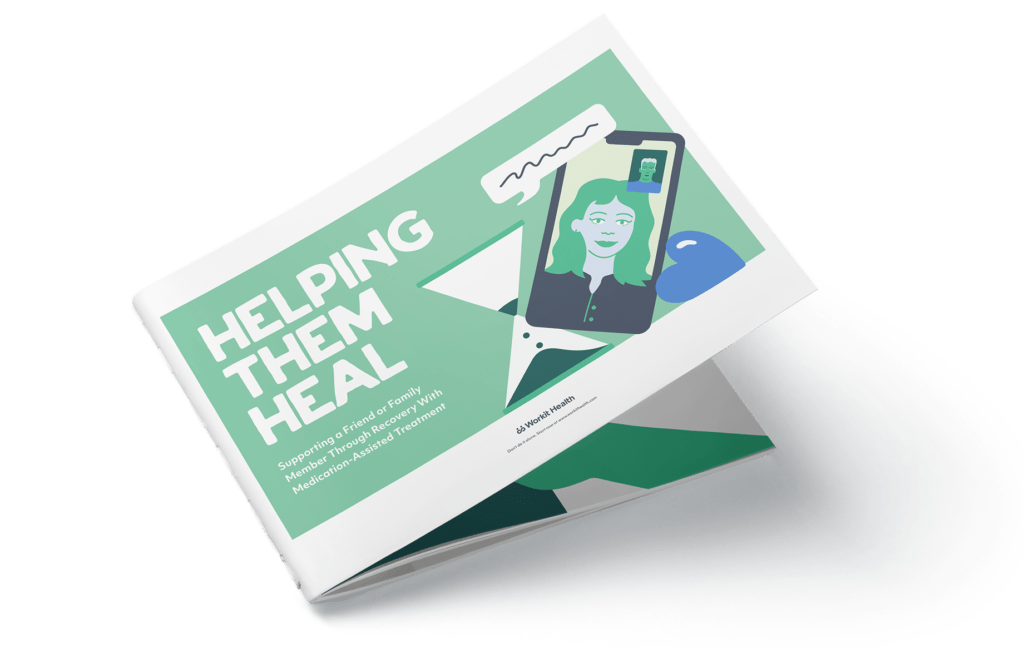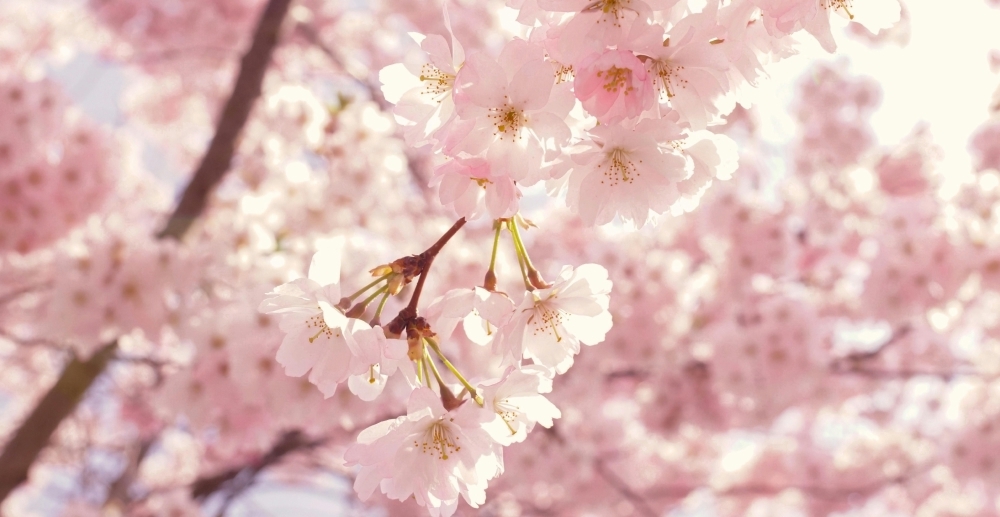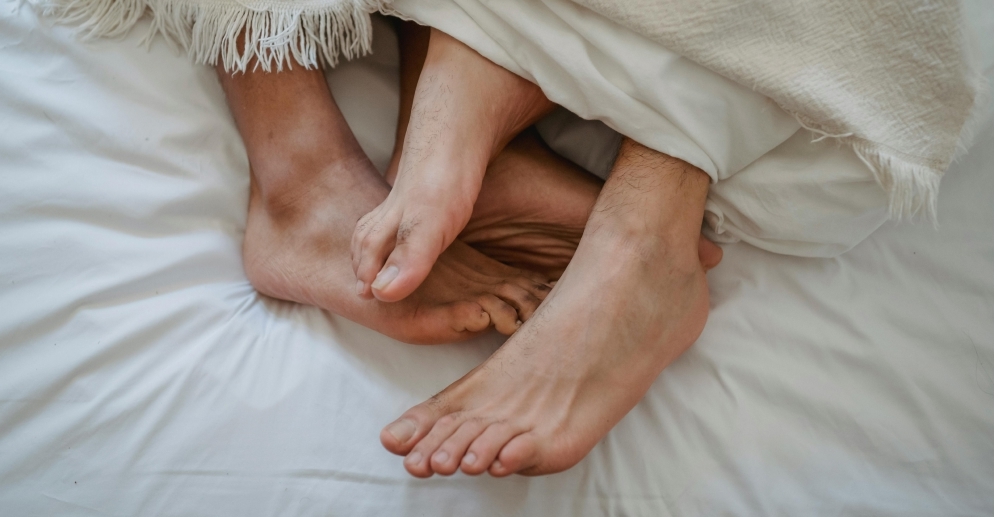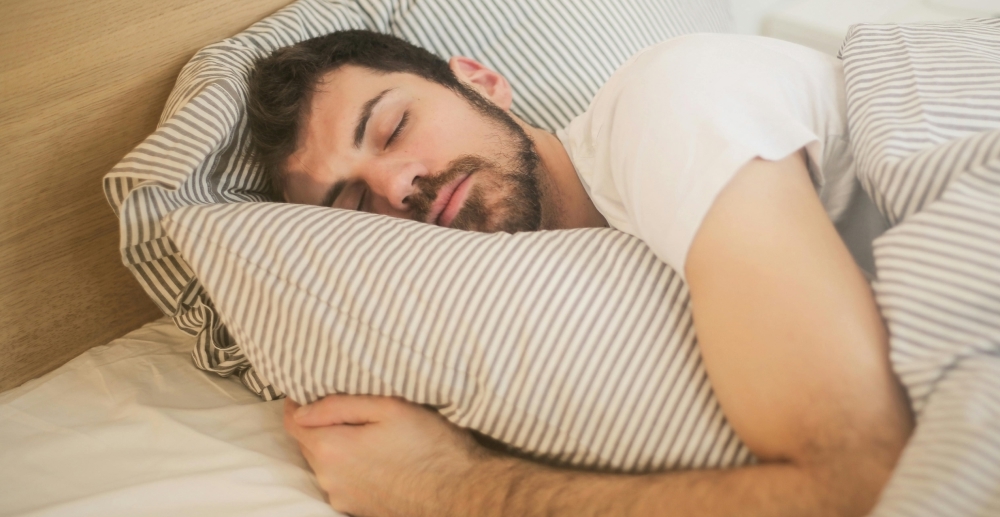While in my addiction, there were several activities that I convinced myself I needed to be drunk or high in order to enjoy.
Live music was a good example. Who would want to go to a concert sober?
There was something in the feel of the music, in my opinion. Drugs just enhanced the experience. The same went for going to the movies. The big screen seemed bigger in the right state of mind. The 32-once coke was sweeter too. I thought it was the nature of these activities that made me want to get high.
This same idea spread into other areas of life.
Socializing was always easier with a few drinks in my system. But, after a while, I became so convinced that drinks could help me loosen up, that I couldn’t be at a party sober. I’d have to drink before meeting up with friends to drink some more.
I began needing a drink (let’s face it—several) to be intimate with a woman. And I became unable to determine how much was too much.
The last bastion of sober fun was athletics. I enjoyed team sports. Once I began to get high before practice in college, I was certain that I performed better. The same went for classes. If I attended lectures high, I figured I had to take the tests high or else my brain couldn’t process the information accurately.
I never imagined bringing that lifestyle to the workplace with me. Until it was there. And once there, it was like I could never work without it.
The pattern was clear. What always started as a tipsy experiment resulted in utter dependence. Of course I didn’t needed to be high in order to play the sports I loved. I was just a person suffering from addiction. And a sufferer is unable to see the red flags in himself.
The action of getting sober required a radical transition in the way I thought about things.
If you can imagine the disease of addiction as a voice inside your head, mine told me that if I stayed sober, I couldn’t go to concerts or movies. I couldn’t be friendly with men or intimate with women. My disease tried to convince me that the activities for which I needed to be high in order to enjoy—which by the time I got so sober was virtually everything—would not be available to me sober. The grip of my addiction was so firm that I thought I would have to become a monk, cloistered in some far-off mountain.
Fortunately, my bottoming out was grisly enough that life in the monastery sounded like a wonderful alternative. Addiction took everything from me. By everything, I mean my will to live. I was ready to die. I welcomed death, in fact. Like many other addicts in their bottom, it was then that I became willing. It’s not that I wanted to be sober, necessarily, I just wanted to stop letting drugs and alcohol have dominion over my every thought and action.
Getting clean was terrifying. I thought I would have to become a brand new person and that scared the hell out of me.
I was wrong.
I remember going to my first concert sober. It was The Black Keys after their album Attack and Release came out. In the days leading up to the show, I prepared myself mentally. I imagined that going to a concert sober would be like paratrooping behind enemy lines. I would have to operate in stealth and secret. My intentions weren’t to enjoy the show, but to survive it.
I was sober for about a year at that point and had learned enough to know that the problems I had in life and the issues that I took with life were related to my abuse of drugs and alcohol. I could no longer blame circumstances or crowds. I had also learned that the loss of my will to live was a result of my incessant use.
But I had very little practice in public abstinence. I could only imagine what it was like saying no to someone offering me a drink or a drug. In my using career, I don’t think I ever turned down an opportunity to get drunk or high, it’s as if the word “no” was not in my vocabulary.
So rather than getting wasted before the show, I played out scenarios in my head. If someone offers you a drink, just explain to them how you are allergic to alcohol. And although you’re dying to have a drink, you know better because just one drink will ignite an insatiable craving that will leave you shaking down bouncers to score something stronger. Or if someone offers you a toke, explain to them weed is not good medicine for you. In fact it is extremely addictive and highly habit forming.
I’m not kidding when I say that I imagined things could go down that way. I thought staying sober required public service announcement or a lawyer’s opening statement.
Thankfully, I never needed to address the jury. In fact, I distinctly remember what it felt like at the Black Keys concert to say “No.” A kind woman had two beers in her hand and offered me one. It was time. I said, “No,” a little too loud, probably. And I gestured my hand across the space between us as if I was performing a Jedi mind trick. She said, “OK,” and walked away.
Was that it? That was all it took?
The lesson I learned at my first concert was that no one else is as obsessed with my drinking is I am. And if they are obsessed with my drinking, it is their problem, not mine.
With that battle over, I danced and sang and jumped with the crowd. A concert is much more enjoyable with all your senses running at full capacity. I took in more of the nuances of the show than I ever had before. And I got hooked on something new: going to shows to sober.
Soon enough, I began to do all the other things sober that I had previously told myself would be impossible without getting drunk or high beforehand.
It turns out that sobriety does not withhold from me all the activities I enjoyed to do drunk, it makes those activities more enjoyable. And what’s even better, sobriety opens up a realm of things to do I never thought possible, including sharing my story with the world in hopes that it might help someone.





